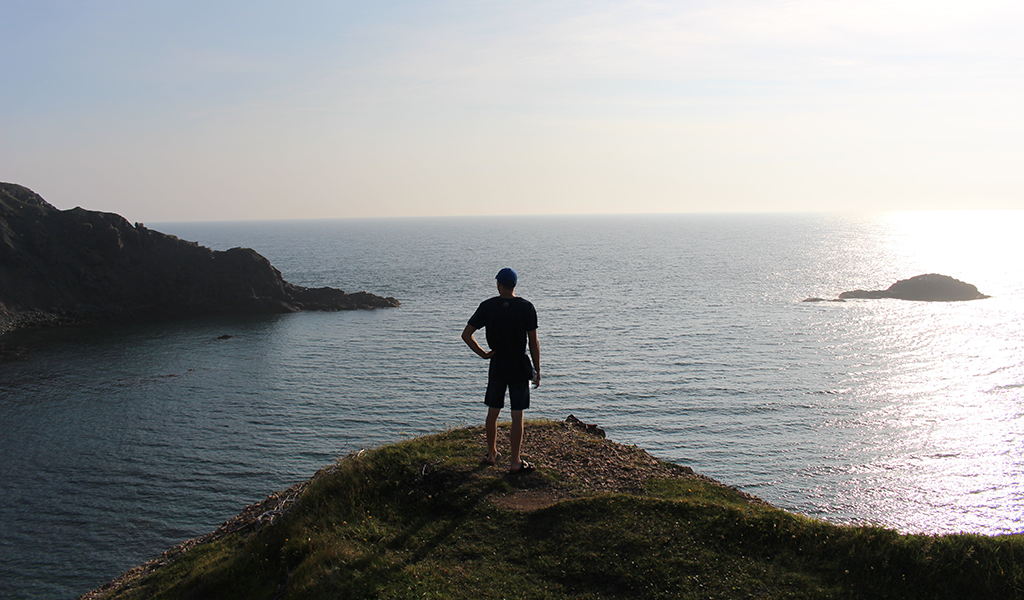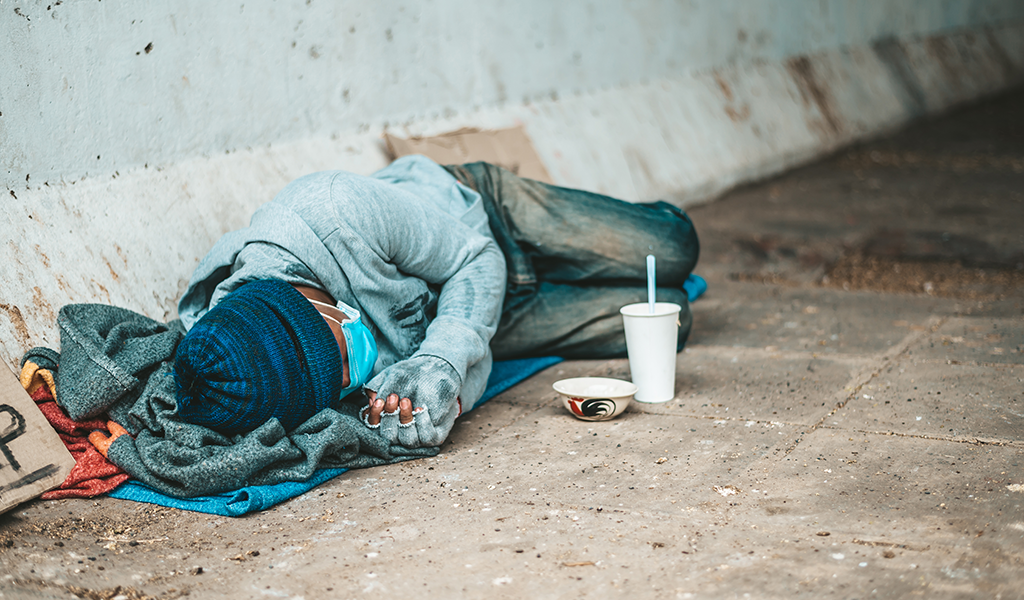A young person’s journey through the justice systems does not only affect them alone, with families often experiencing stressful situations. In this blog, Louise* reflects back on the difficulties that her son Jude* overcame, and the help that they received during that time.
Jude is 23 years old. He is doing well now. He has just completed a year at college on a vocational course and will start a further year in August. He shares a tenancy with a friend nearby, visits us 2-3 times a week and works with his Dad when he can.
Life has not always been this settled. Jude has a diagnosis of Autistic Spectrum Disorder. He was diagnosed when he was 15 – after one year on a waiting list to be seen at CAMHs followed by three years of frustrating “revolving doors” visits to various practitioners at CAMHs. The final diagnosis came as a relief in some ways but was also the start of a painful journey.
High School was a nightmare for Jude. He couldn’t cope socially or academically. Assistance from Learning Support made him stand out at an age when teenagers just want to fit in. He acted the goat in class and invariably was the one who was caught and sent to the Head’s office. We could have papered the walls with the number of letters about Jude’s poor behaviour, and him being bullied. He was suspended several times before we pleaded with the Head to let him leave at the end of fourth year – the Head was only too relieved to have one less “problem” pupil to manage and so ended Jude’s secondary school life.
That was the start of a period of constant challenges. Jude wanted to join the Army but couldn’t because of his ASD diagnosis and allergies and he could see no positive path through life. Looking back now, I can see that Jude felt rejected and immensely frustrated. For two years he sofa-surfed or camped out with people he met in the city centre. He believed that anyone who spoke to him was a good friend and trusted people too easily. Having started drinking heavily and dabbling with drugs he began a long, unhealthy relationship with the Police and we had a criminal defence lawyer on speed dial. Riotous house parties, drink fuelled incidents, being found drunk and insensible; and then a week in Polmont. None of this curbed his excessive behaviour and Jude looked awful.
His social worker met with him weekly at first. We found the approach of social work frustrating as they had no means to compel Jude to do anything and their attitude to his drinking was that it was his decision to drink so much.
A turning point came when I made contact with Addaction, initially seeking support for ourselves, in terms of living with an alcoholic, uncontrollable son. The worker assigned to us, Shuna, was “cool” but totally got what was going on with Jude and understood the dangers he placed himself in and the vulnerabilities he had. Shuna came to our house every Friday to meet him and then eventually, when he trusted her, they might go out for a coffee or a walk. Whilst he was still drinking after six months it was dramatically reduced and there was definitely a calmer feel at home. I don’t know what their chats were about and I didn’t care – I could see her work with Jude having an impact. She never missed a date with Jude and he never missed a date either which was amazing. Life was improving incrementally and we dared to hope the worst times were in the past.
Shuna did stop working with Jude but kept in touch with me… just in case. Jude was still at home, still meeting with his social worker who observed a positive change in his demeanour too. He seemed calmer and more settled. We had spoken about Jude starting a course at college. We knew he would need a lot of encouragement and support as his time at school had been such a negative experience, meaning he had no confidence and felt he couldn’t do anything. I heard about a vocational course at a local college which I thought would be great for Jude as it had a supported course with a small class number and was located somewhere Jude could get to easily. We met the course lead, David, in January 2018. David totally got Jude. He wasn’t fazed by the ripped clothes, the studded leather jacket, the purple hair or the tattooed hands. Thankfully David gave Jude a place on the course.
The eight months until he started the course seemed so long. Jude fell off the wagon once and picked up another charge – by now we were almost blasé about another court date – but on the whole he was much more positive and kept talking about starting college. In August, he was super excited but nervous about starting the course but the college was so supportive that he slotted in with minimal difficulty. I never thought this day would come. He was so excited when he was given his locker and kit to wear and he looked after that all year. He never missed a day of college and was always happy to go in for his classes. He was paired with another person with ASD, Jess. They got on really well and stuck to each other like glue. His success at college hugely boosted his confidence, and the change was amazing to watch. We kept pinching ourselves thinking the bubble would burst, that he would get mad with a tutor and storm out of the class and start drinking on the streets again. Fortunately Jude made it to the end of the year with the offer of a place for another year as he had done so well.
The last seven years should have been so much better for Jude. The phrase “if only…” surfaces again and again.
If only…school had been able to support Jude instead of punishing and excluding him.
If only…there had been support and advice for both Jude and ourselves post-diagnosis. It seems that post-diagnosis families like us just fall off a cliff and have to scrabble around for help and support alone. There is no onward referral, no connection between CAMHs and other agencies who could help.
If only…alcohol counselling had been compelled within Jude’s court orders. His social worker took the view that, as an adult, Jude was entitled to make his own choices, even if those choices were bad and led to more conflict with the criminal justice system.
Only the input from Addaction made a positive difference, and we found out about them ourselves.
So here we are back to the beginning of the story and Jude is doing well. I am so relieved and grateful that he was able to step back from the brink. His life could have gone so very differently, he could so easily have been a statistic; another young man who died on the streets. Life is better, and best of all Jude is so much happier.
If you’re a parent/carer with a child who is entering the justice system, for the first time, Youth and Criminal Justice in Scotland: the young person’s journey is an online resource that might help.
If you’d like to blog about your own lived experience and what helped you, please email ross.a.gibson@strath.ac.uk.



